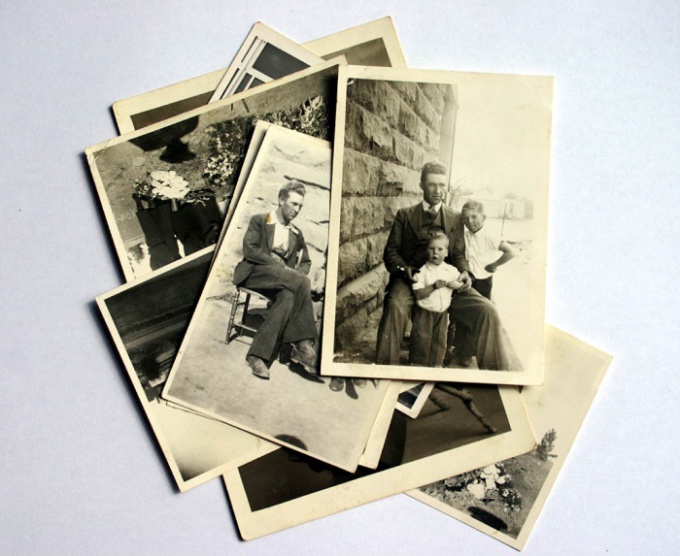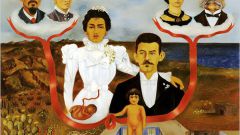Instruction
1
To begin the search for their roots need with all available information. Even if you have no surviving relatives of the older generation – grandparents, at least there is evidence about their deaths, birth certificates of your parents and their marriage. And this is a good point of reference from which to push off.
2
It is important to remember that all genealogical research is based on three basic principles: people's names, dates and location (i.e. names of settlements and institutions). Only all together they can reconstruct the exact history of a sort. So start your research you need always with a detailed survey of all surviving relatives, even distant. Their stories and testimonies need to write up, paying particular attention to the four characteristics (the exact names, dates, titles). You also need to collect all available family documents, including even the seemingly insignificant like school diaries, hospital tests or the private letters and telegrams. The fact that even such a "niche" documents may contain references to specific places of stay of the person, the dates of his life events.
3
Documentary evidence of births, deaths, marriages of the next of kin can be obtained in the Registrar's office. Under Russian law, these documents are stored in the archives of the registry office for 70 years, then transferred to the State archives. Currently, to obtain the necessary information by private request can any citizen of the Russian Federation.
4
To collect information Dating from before 1918, should apply to such documents as parish registers, churches, Census tales. Metric or parish books was carried out in every branch of the Church of Russia before the revolution of 1917. They contained three main sections: the birth and baptism of parishioners, deaths and marriages. After 1919, the parish registers have been deposited in the Registrar's office. Churches have existed since 1718г. and contained information on all the parishioners, who had been at confession, and absent on it. Census tales is a periodic census of the tax-paying population of the Russian Empire, which were held every few years. They contained information not only about a specific representative of a class, but the information about his occupation and his family. These three sources are essential to reconstructing the history of any kind.
5
Of great importance for research can also play the First all-Russian census in 1897 It contained detailed information about the composition of family, age of all its members, including children and babies, information on the occupations of adult family members, their household and property. This census can now be found in the state archives.
6
In addition to the basic named data sources may be used as the archives of those institutions in which he worked your relatives throughout his life. Information about the soldiers to obtain Military-historical archive in Moscow. This will require knowledge of the names and numbers of military units, which were ancestors, and approximate dates of service.




